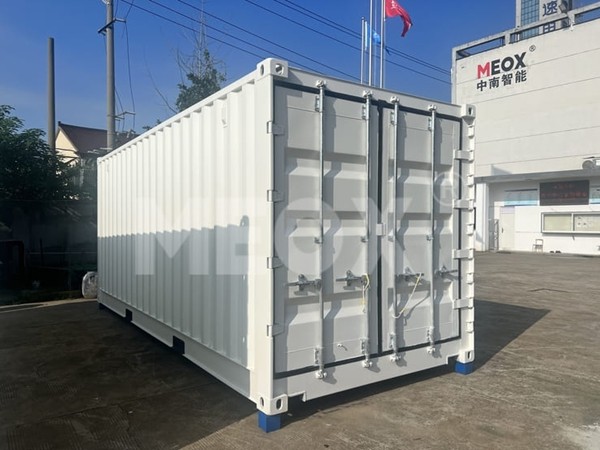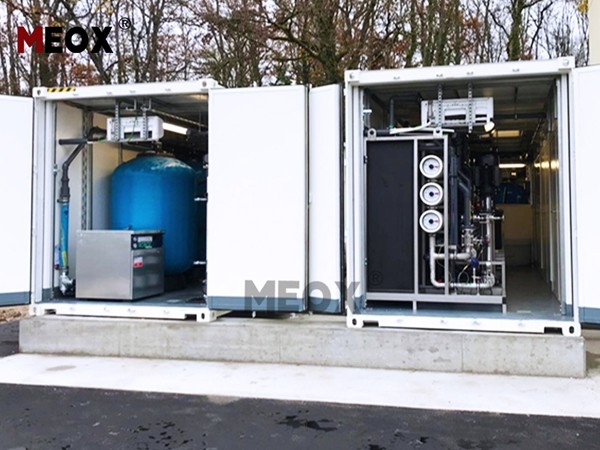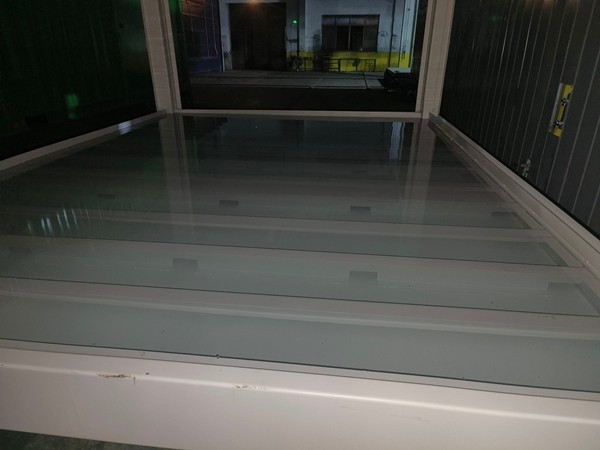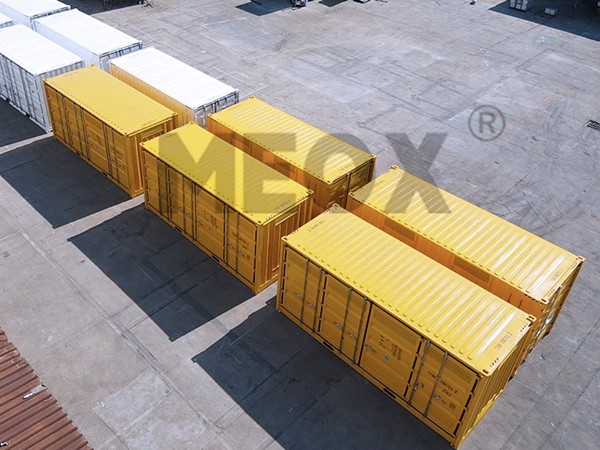Navigating the complex world of logistics requires a nuanced understanding of the myriad solutions available to businesses, particularly in the realm of transporting goods. Specialised containers stand out as a crucial asset in the logistics industry, providing innovation, safety, and efficiency. These containers, tailored to meet specific needs beyond the standard shipping box, play an indispensable role in streamlining operations across various sectors.
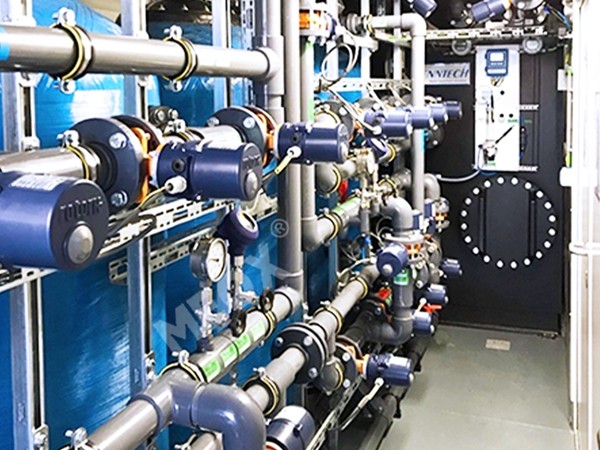
In industries ranging from pharmaceuticals to electronics, specialised containers offer solutions that cater to unique transportation requirements. The development of these containers is a testament to human ingenuity, driven by a necessity for safe and efficient logistically sound methods of transporting sensitive or perishable items. Their design often incorporates advanced technologies and materials, ensuring that the contents remain intact and at optimal conditions throughout the journey.
With the proliferation of global trade, specialised containers have become even more critical. Businesses are continuously expanding their reach, and with the vast distances goods have to travel, protecting them against environmental challenges during transit is paramount. Specialised containers come equipped with features such as temperature control, humidity regulation, and secure lock systems—which are particularly beneficial for industries that transport perishables or high-value items.

High stakes in sectors such as pharmaceuticals, where temperature deviations can render a whole batch of vaccines useless, have prompted innovations in container technology. These containers utilize thermal isolation materials and integrated GPS tracking, allowing for constant monitoring and adjustments in transit to ensure compliance with strict regulatory standards. This level of precision is indispensable for maintaining product efficacy, and specialised containers are essential in sustaining the integrity of the cold chain logistics process.
In the food industry, the role of specialised containers becomes even more pronounced as they combat the challenges posed by spoilage and contamination. With rising demand for fresh produce across continents, these containers are designed for optimal air circulation, maintaining ideal ripeness through climate control technologies. The inclusion of real-time analytics and monitoring means issues can be identified and rectified promptly, reducing the risk of food waste and ensuring that quality is preserved from farm to table.
Additionally, the electronics sector heavily relies on specialised containers to protect delicate, high-value goods from shock, vibration, and electrostatic discharge. Custom-built containers featuring soft, anti-static linings, combined with strategic cushioning, ensure the integrity of sensitive equipment throughout their journey. As technology continues to advance and devices grow more intricate, the demand for such containers is expected to rise correspondingly.specialised containers
Within the context of environmental accountability, the logistics industry is under increasing pressure to adopt eco-friendly practices. Specialised containers are now being manufactured with recyclable or biodegradable materials, and designed for reusability without compromising their protective functions. The shift toward sustainability is evident, as companies strive to reduce their carbon footprint and waste, aligning with broader global efforts to mitigate environmental impact.
Arguably, the expertise involved in the development and deployment of specialised containers speaks volumes about their authority within the logistics hierarchy. These innovations are spearheaded by experts in materials science and logistics who ensure that the containers meet international shipping standards and are adaptable to diverse shipping modes, be it sea, land, or air.
Trustworthiness is a hallmark of specialised containers, as they are continually refined to meet specific regulatory compliance and industry benchmarks, ensuring reliability even under stringent circumstances. Manufacturers frequently subject these containers to rigorous testing, simulating extreme conditions to validate their robustness and effectiveness.
Utilizing specialised containers represents not just a logistical choice but a strategic business decision. Companies that invest in these solutions position themselves to decrease risk, enhance product quality upon delivery, and fulfill their CSR (Corporate Social Responsibility) mandates by implementing sustainable practices.
A comprehensive understanding of these containers magnifies their role in the global supply chain. As the world continues to evolve economically and environmentally, specialised containers remain at the forefront of logistics innovation, adapting to meet the current and future challenges of transporting goods safely and efficiently across the globe.

